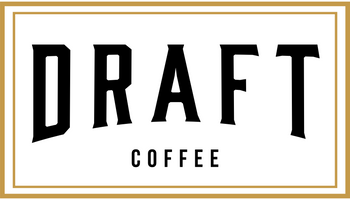Rwanda Gishamwana Island
COUNTRY: Rwanda
REGION: Western Province
VARIETY: Bourbon
FARM: Gishmwana Island
ALTITUDE: 1500-1650 masl
HARVEST: March-June
PROCESS: Wash
TASTING NOTES: Cooked currant with mild chocolate, cooked berry, and caramel flavours. Juicy malic acidity and mellow clean fruit-like sweetness.
Western Province
Bordering Lake Kivu and the Nyugwe Forest, the Western Province of Rwanda is a very abundant and tropical area. The soil is a mixture of sandy and black humus at extreme elevations have allowed for small producers and washing stations to turn out specialty coffee at volumes that Rwanda has never seen before.
Gishamwana Island
Just a short boat ride from Rwanda’s Lake Kivu shoreline, there rests a secluded coffee island often mistaken for a mirage: Gishamwana Island. More than 35,000 coffee trees are planted on this site, and it's milled and dried here as well, completing the production cycle. The island is biodiverse, with environmental harmony in mind, and cows, goats, and even an albino rabbit coexist with the coffee trees.
This island coffee farm is privately owned by Emmanuel Rwakagara, the founder of COOPAC, and the coffee is grown organically amongst forestry that provides a level of shade much greater than is typical for African coffee. Also, by nature of Gishamwana's isolation from other coffee, many diseases and pests quite simply have not made the boat ride over. This coffee is harvested at ripeness, depulped, dry fermented, wet fermented, washed, soaked, then dried on raised beds.
COOPAC is a Fair Trade–certified cooperative located near Lake Kivu on the steep slopes of volcanic mountains. The organisation was founded by Emmanuel Rwakagara, who is the president of COOPAC and the owner of the Gishamwana Island coffee estate. COOPAC began with 110 farmers in April 2001 and currently has 8,000 members contributing coffee from Ack, Ubuzima, Tuzamurane, Kopabm, Abakundakurima, and Abanyamurava. With 6 washing stations along the northern landscape of Lake Kivu, COOPAC exports 150 containers of Fair Trade-certified coffee annually.
COOPAC is committed to environmental and social sustainability in addition to producing high-quality coffee. Waste by-products from processing are used as fertilizer rather than discarded into the lake, and shade trees are distributed to farmers to prevent soil erosion. COOPAC has assisted in the construction of a school, healthcare clinics, and roads and bridges in the community. The cooperative also has a program to distribute cows and goats to the most productive farmers and provides farmers with an agricultural advisor to teach the latest production methods.


